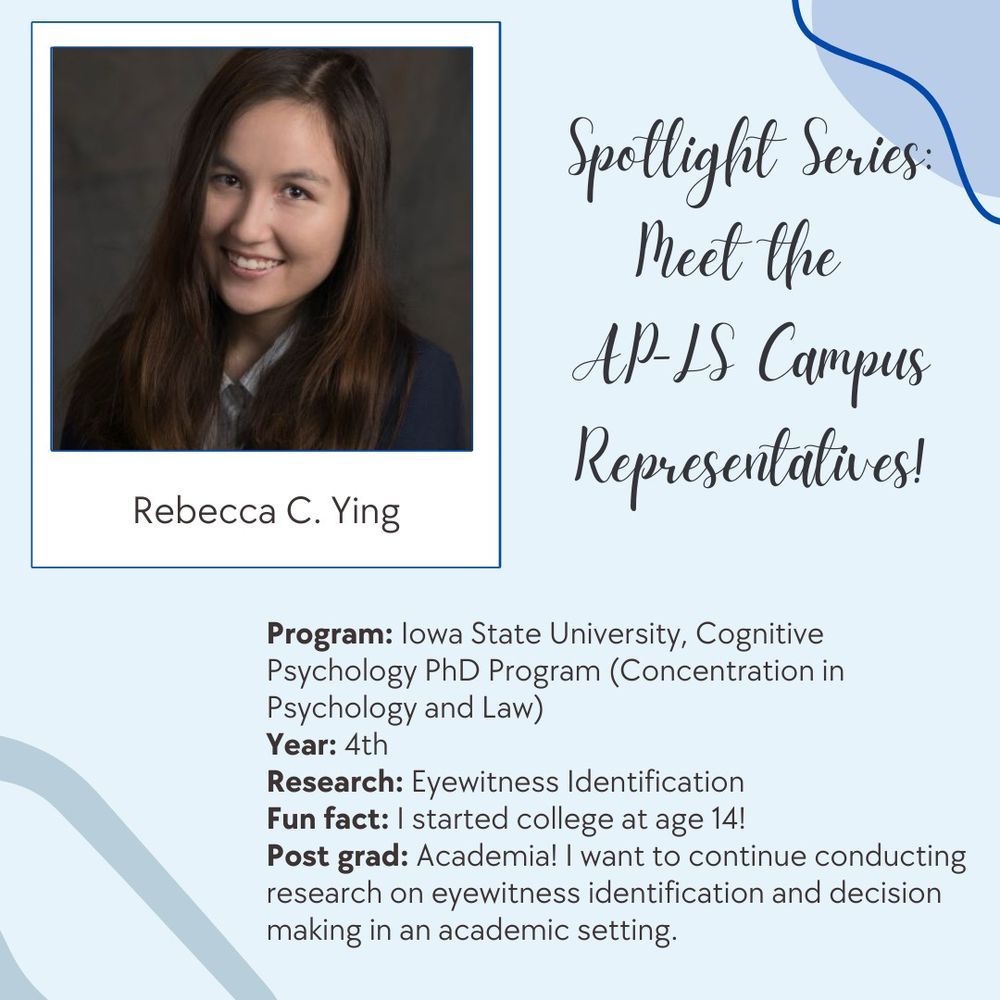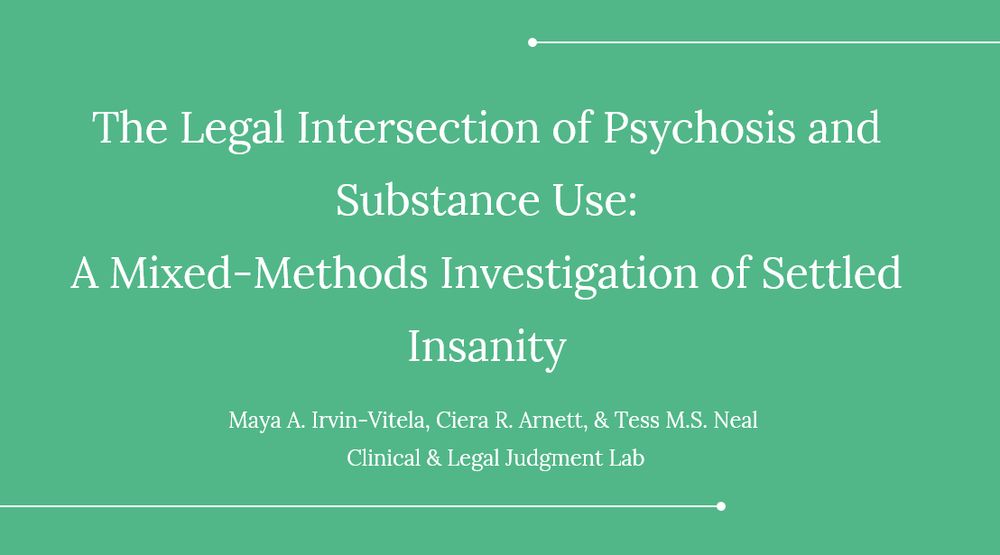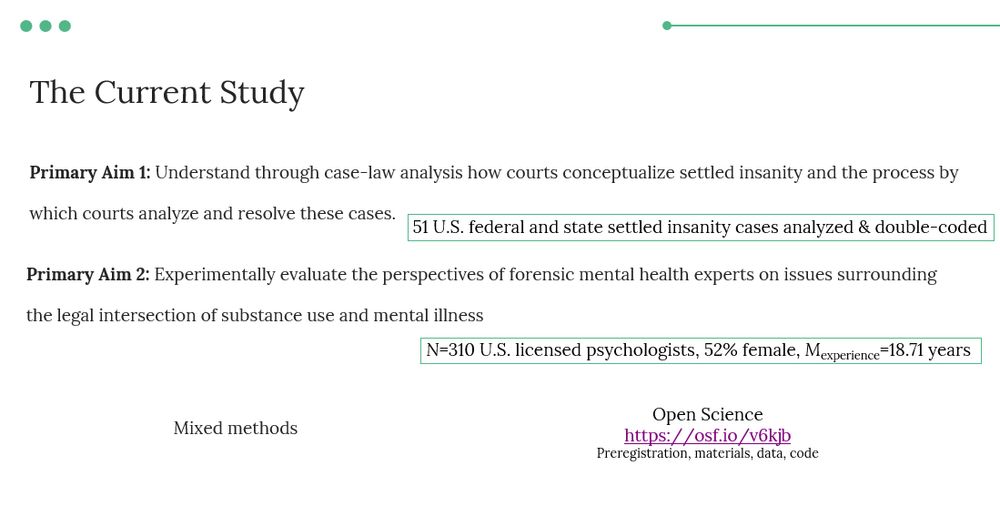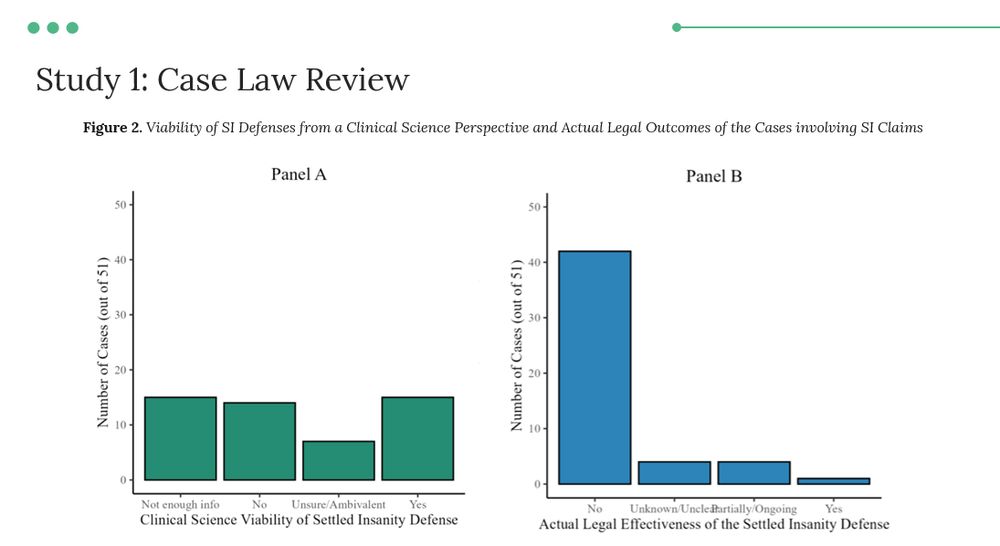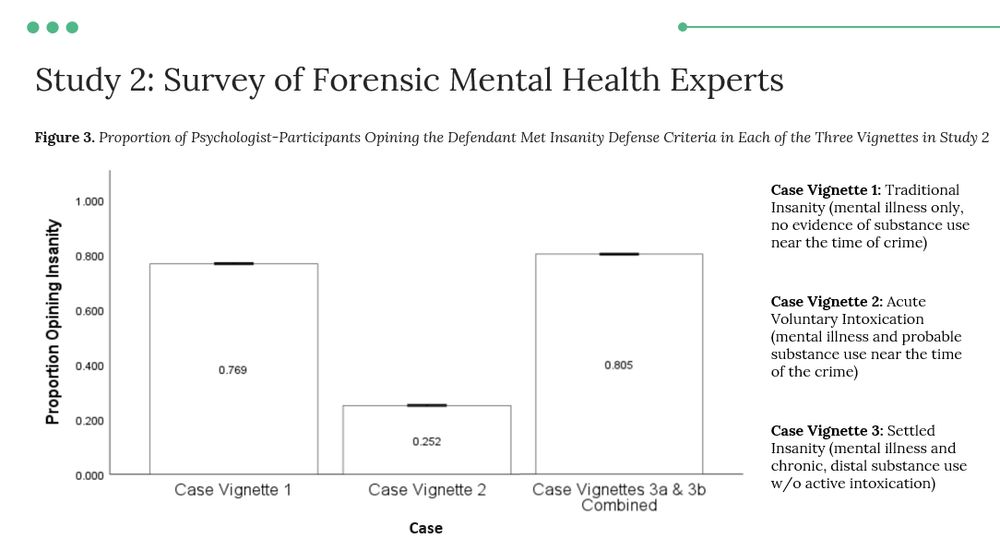Rebecca Ying
@rying.bsky.social
580 followers
140 following
28 posts
Cog Psych PhD candidate @ Iowa State University | eyewitness ID researcher | she/her | rcying.wixsite.com/site
Posts
Media
Videos
Starter Packs
Pinned
Rebecca Ying
@rying.bsky.social
· Nov 20

(PDF) Perceptions of Task Fluency Mislead Judgments of Eyewitness Identification Accuracy
PDF | Eyewitness identifications from lineups in which the suspect stands out (biased lineups) are less reliable than identifications from lineups in... | Find, read and cite all the research you need...
www.researchgate.net
Reposted by Rebecca Ying
Nydia Ayala
@nydia-ayala.bsky.social
· Jul 29
Reposted by Rebecca Ying
Nydia Ayala
@nydia-ayala.bsky.social
· Jul 29
Reposted by Rebecca Ying
Nydia Ayala
@nydia-ayala.bsky.social
· Jul 29
Reposted by Rebecca Ying
Nydia Ayala
@nydia-ayala.bsky.social
· Jul 29
Reposted by Rebecca Ying
Nydia Ayala
@nydia-ayala.bsky.social
· Jul 29
Reposted by Rebecca Ying
Nydia Ayala
@nydia-ayala.bsky.social
· Jul 30
Rebecca Ying
@rying.bsky.social
· Jul 29

(PDF) The Rejection-Inferiority Effect: Why are Eyewitness Lineups More Effective at Demonstrating Guilt than Innocence?
PDF | Experimental research on eyewitness lineups demonstrates a rejection-inferiority effect: the inculpatory value of lineups exceeds the exculpatory... | Find, read and cite all the research you ne...
www.researchgate.net
Rebecca Ying
@rying.bsky.social
· Jul 29
Rebecca Ying
@rying.bsky.social
· Jul 29
Rebecca Ying
@rying.bsky.social
· Jul 29
Rebecca Ying
@rying.bsky.social
· Jul 29
Rebecca Ying
@rying.bsky.social
· Jul 29
Rebecca Ying
@rying.bsky.social
· Jul 29

(PDF) The Rejection-Inferiority Effect: Why are Eyewitness Lineups More Effective at Demonstrating Guilt than Innocence?
PDF | Experimental research on eyewitness lineups demonstrates a rejection-inferiority effect: the inculpatory value of lineups exceeds the exculpatory... | Find, read and cite all the research you ne...
www.researchgate.net
Rebecca Ying
@rying.bsky.social
· Jun 9
Reposted by Rebecca Ying
Reposted by Rebecca Ying
Julia M. Rohrer
@dingdingpeng.the100.ci
· Mar 20
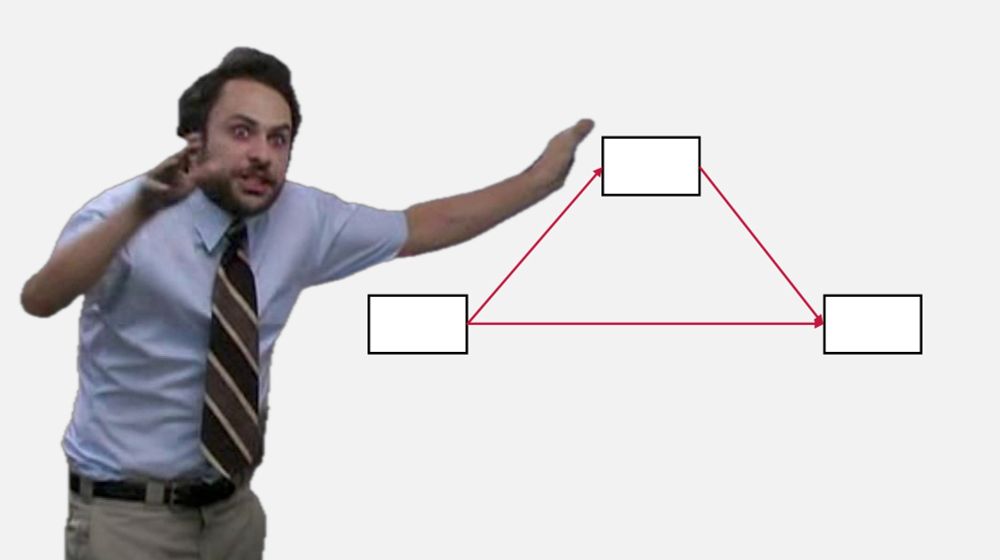
Reviewer notes: That’s a very nice mediation analysis you have there. It would be a shame if something happened to it.
Mediation analysis has gotten a lot of flak, including classic titles such as “Yes, but what’s the mechanism? (Don’t expect an easy answer)” (Bullock et al., 2010), “What mediation analysis can (not) ...
www.the100.ci
Reposted by Rebecca Ying
Reviewer Zero
@reviewerzero.bsky.social
· Mar 18
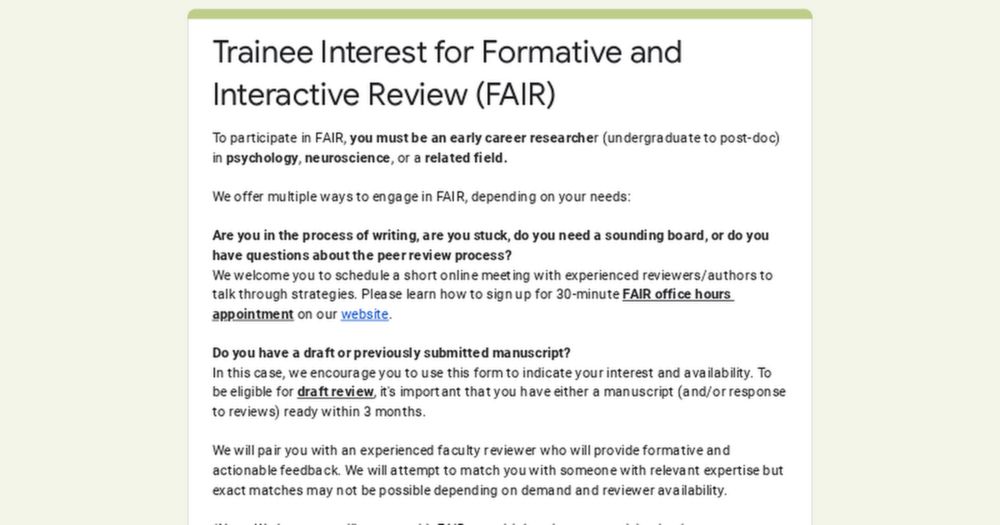
Trainee Interest for Formative and Interactive Review (FAIR)
To participate in FAIR, you must be an early career researcher (undergraduate to post-doc) in psychology, neuroscience, or a related field.
We offer multiple ways to engage in FAIR, depending on your...
go.iu.edu
Reposted by Rebecca Ying
Reposted by Rebecca Ying
Rebecca Ying
@rying.bsky.social
· Mar 13
Rebecca Ying
@rying.bsky.social
· Mar 13
Reposted by Rebecca Ying



